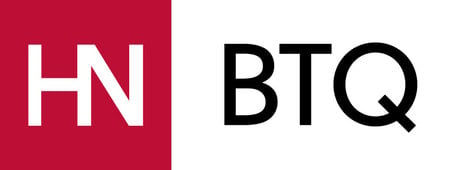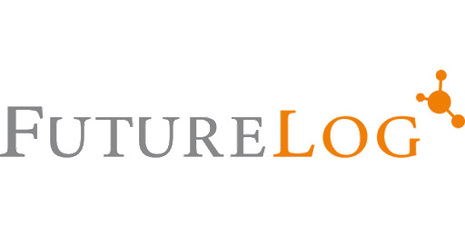Behind the Quote: The Secret to Getting Executive Buy-in For Hospitality Procure-to-Pay Technology
How to make a convincing business case for digitisation and automation of procurement to achieve greater efficiency and cost savings

Hospitality Net's Behind the Quote (BTQ) initiative aims to provide deeper insights and a more comprehensive understanding of selected stories published on Hospitality Net.
This time, Henri Roelings had the opportunity of diving deeper into a recent opinion article by FutureLog AG: 'The Secret to Getting Executive Buy-in For Hospitality Procure-to-Pay Technology'. Henri posed three insightful questions to Johannes Vocke, Chief Financial Officer at FutureLog who provided expert responses.
How can hotels measure the success of a new P2P solution post-implementation, and what key performance indicators (KPIs) should be tracked to ensure continuous improvement?
Directly after post-implementation, hotels should notice significant time savings on tasks that previously created bottlenecks or required a lot of manual input. For example, the use of order lists for expediting recurring orders, or instant notifications to alert users to take action, such as giving their approval on purchase requests. Another quick win that becomes immediately evident to hotels is smoother, transparent communication amongst teams and suppliers. With all data and workflows in one place, alongside integrations to POS and ERP platforms, it"s much easier to collaborate, share information and make timely, well-informed decisions, all while freeing up valuable time for hotel teams.
Cost savings also become apparent very quickly post-implementation and are easily quantifiable, especially when using a Business Intelligence tool as part of a P2P solution. While every dollar saved through smart procurement has a positive impact on the P&L, it"s not only about cost. Delivery and quality are also crucial areas to monitor and improve on. Some of the most valuable KPIs that hotels should keep on their radars include Purchase Price Variance, Purchase Order Accuracy and Compliance Rates. Supplier performance KPIs are also essential, with important metrics such as Overall spend by Supplier, Lead time Variance, Supplier Availability, Price Competitiveness and Delivery Accuracy to name but a few. Average Order Cycle Time and Cost Centre Analyses also provide valuable insights, as do Menu Engineering Reports for determining dish profitability.
Is a digital procure-to-pay (P2P) solution considered an operating expense (OPEX) or a capital expense (CAPEX)?
Good question – especially since the answer has changed over the years! Prior to the development of cloud-based solutions and before the Software as a Service (SaaS) concept took root in the hospitality industry, the physical installation of on-premise software was needed for businesses to operate and this investment was considered capital expenditure.
However, cloud technology changed all that. Physical installations were no longer needed, related hardware investments became a thing of the past, and SaaS meant that digital tools could be licensed on a subscription basis. From a hotel CFO"s perspective, this meant that software expenses could be reassigned away from CAPEX and under OPEX instead, where they could quickly see immediate value while their organisations enjoyed more flexibility and improved scalability.
Are procure-to-pay (P2P) solutions suitable for small independent hotels as well?
Hotels of any size can benefit from the improved efficiency and transparency that a digital procure-to-pay solution brings. While the exact needs and priorities may differ between a large chain and a small independent property, there are a few common denominators – i.e., they all want to be more efficient, to optimise their spend, to make data-driven decisions and to give their guests the best experience possible.
A P2P solution supports all those requirements, regardless of a hotel"s size. Whether it"s having real-time overviews of stock-on-hand, being able to monitor supplier performance, ensuring compliance with purchasing policies, improving restaurant profitability with menu engineering or watching out for "best price" offers on favourite products, the potential for reducing the administrative burden on lean teams, saving costs and managing resources more effectively are attractive advantages for all.
More information on FutureLog's suite of procure-to-pay solutions can be found here: https://www.futurelog.com/en/our-solutions
If you're attending any of these upcoming hospitality technology events, please get in touch! https://www.futurelog.com/en/about-us/upcoming-events


